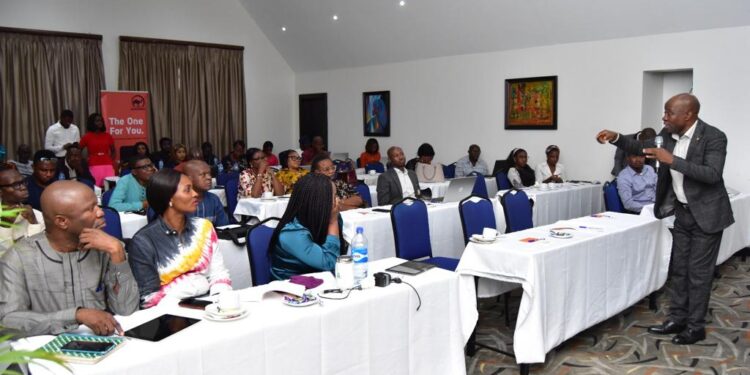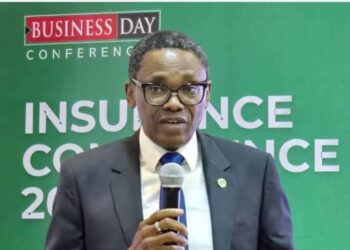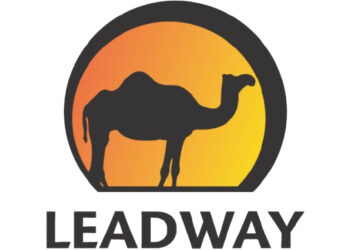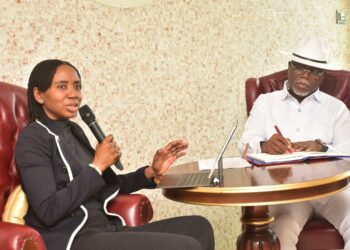Leadway Assurance Limited says it is on course and systematically advancing towards the full implementation of the International Financial Reporting Standard (IFRS 17) which the Nigerian insurance companies under the close supervision of National Insurance Commission are all focused on compliance, with all companies already at the commencement stage and making progress at own pace.
IFRS 17 (replaces previously known as IFRS 4 Phase II) is an International Financial Reporting Standard developed by the International Accounting Standards Board (IASB) providing new standards for reporting insurance contracts with effect from January 1, 2023. As it stands the 2023 financial statement of accounts will be based on IFRS 17 and new mode of reporting will be used to produce a would be 2021 and 2022 financial statement to compare with 2023 financial statement.
The main objective of the IFRS is to standardize insurance accounting globally to help users of accounts make sensible comparisons between companies, their past performance, their current financial position and risk exposure.
Speaking on “Navigating the New Financial Reporting Standard,” at a one-day workshop organised by Leadway Assurance for members of the Nigerian Association of Insurance and Pension Editors (NAIPE) in Lagos today, Mr. Raphael Akomolede (featured in charge of session), Finance Department, gave insights on the position of Leadway regarding the implementation of the IFRS 17.
He said the company has completed solution design which takes care of Gap Analysis, Financial and Operational Impact Assessment; Designed Future State of Finance Process/Technology Gap Analysis; Development, Documentation and Review of Target Operating Model; Preparation of Technical documents and Reviews and Vendor Selection for IFRS 17.
Presently, he said the relevant departments of the company are working simultaneously on System testing and Implementation (pre and post); Review and produce 2021 and 2022 Financial positions; produce interim IFRS 17 compliant financial statements including transition disclosure.
Speaking on the problem with current IFRS 4, he said the IFRS 17 replaces the IFRS 4 – an interim standard that allows insurers to use local Generally Accepted Accounting Principles (GAAP) to measure insurance contracts; in the jettisoned IFRS 4 he explained that there was no single way to account for insurance contracts; besides, existing accounting makes it hard for investors to see which groups of contracts are profit-making and which are not.
The impact of IFRS 17, according to him include improved comparability for the first time; relevant and updated measurement of insurance contract liabilities; a more intuitive presentation of financial performance and position; enhanced disclosure and transparency and a clear distinguishing of insurance activities from investment activities.
While commending the National Insurance Commission (NAICOM) for the Roadmap for the implementation of IFRS 17 for the insurance industry in Nigeria, he said the Commission is working seriously since 2019 towards ensuring the full adoption of IFRS 17 in the Nigerian insurance industry.








































